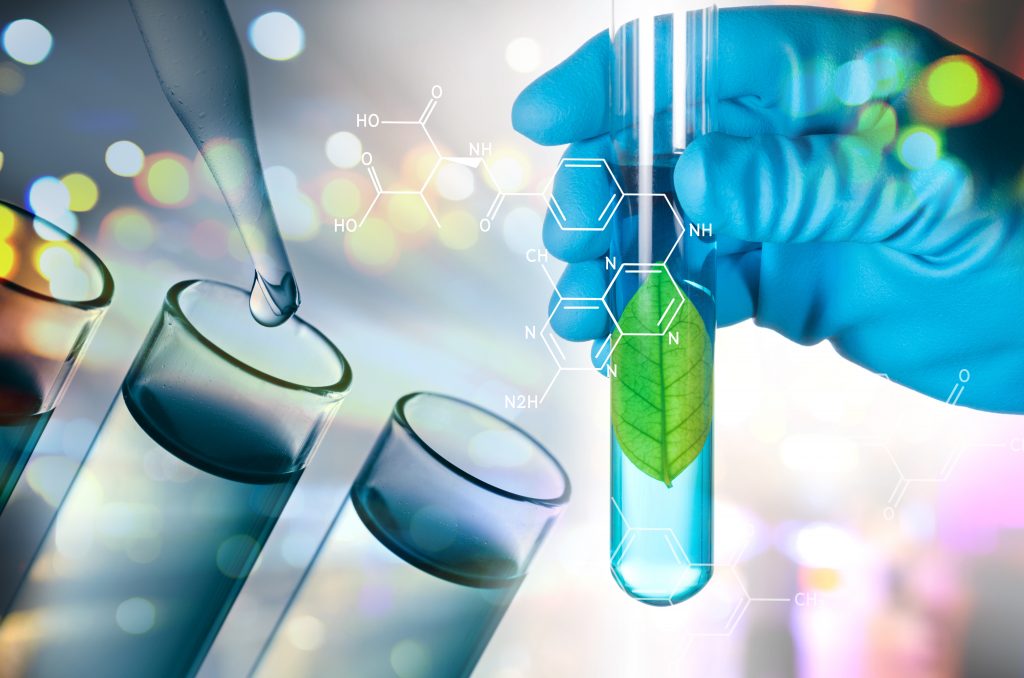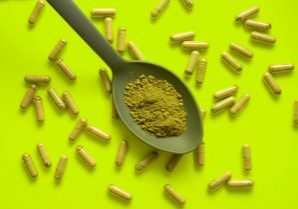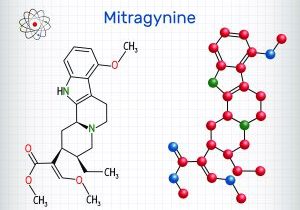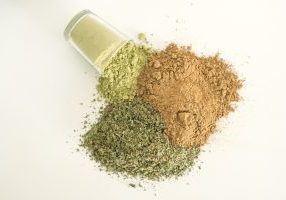Researching Kratom strains, powders, and vendors will often bring you to these words: lab tested Kratom. Often, sites (ours included!) will talk about why buying Kratom from a vendor that does lab testing for quality on their Kratom is important.
But what exactly does that mean, and why does it matter so much?
We think it’s important for Kratom consumers to be able to make informed decisions about the products that they buy and the vendors that they buy from. To be able to do this, you’ll need to know a bit more about what lab testing Kratom involves, how companies do it, and why it matters so much. Let’s get into it!
What Is Kratom Lab Testing?
Like with all botanicals, it is possible to run Kratom through a series of tests at an accredited testing laboratory to ensure that the powder is what the supplier says that it is.
In the case of Kratom lab testing, the testing is usually done to ensure all of the following:
- • Identity, i.e. that the plant material is actually Kratom
- • No pathogens or other contaminants present
- • Sample does not contain high levels of heavy metals
- • Kratom isn’t mixed with an undisclosed substance
- • Amount of common alkaloids, mitragynine, and 7-hydroxymitragynine
- • Alkaloids are real
For most commercially available Kratom, the amount of mitragynine present is not typically more than 2%. There is usually even less 7-hydroxymitragynine in any given substance unless it has been processed further into a tincture or extract.
As far as pathogens, it is possible that Kratom that is not processed safely by the supplier could contain the following:
- • Coliforms
- • Salmonella
- • Mold or yeast
Finally, the following heavy metals should be tested for in Kratom supplies:
- • Arsenic
- • Lead
- • Mercury
- • Cadmium
- • Nickel
When a Kratom seller tests their supply in a lab, they are typically testing for pathogens, metals, and alkaloid content to ensure that their customers will only be sold high-quality Kratom that is not dangerous to use.

Why Is Kratom Lab Testing Important?
The biggest reason that Kratom lab testing is important is to ensure both the safety and the quality of the product that is being sold to Kratom consumers.
Contaminated Kratom can cause illnesses such as a Staph or Salmonella infection, and both of these conditions can be dangerous if not treated properly. If a Kratom user gets sick from their Kratom, they might not even know that either of these infections is a risk to them!
For that reason, it’s very important that vendors do their due diligence and have their supplies regularly tested for quality and safety purposes. Without testing, they could be accidentally giving their customers an adulterated or contaminated product.
Testing is always important when consumables are being sold, and that truth is no different when it comes to Kratom.
Advocating For Safety Testing
Another reason that it is very important to test Kratom for safety is to help dispel many of the misunderstandings and misconceptions about Kratom consumption that are commonly spread.
Kratom consumption is currently a grey zone in terms of its legality. While it has not been banned in most places, it is also not regulated in most places. Instead, Kratom waits somewhere in the middle. And all it takes is one bad batch of Kratom for it to be ruled illegal and dangerous.
As a Kratom vendor, it is part of our responsibility to the community to help prove that Kratom can be safe when used and vetted properly. Like anything that you eat, it can be dangerous if the supplier was not honest about its source. For that reason, it is incredibly important to test Kratom.
Having solid testing proof about the composition and safety of Kratom – in the form of Certificates of Analysis from accredited labs – will help to advocate for its regulation as a safe and beneficial product. Any vendor that sells a product without testing is putting both their customers and the entire Kratom community at risk due to bad products.
How To Know If Lab Testing Was Done
Now we’ve come to another difficult part of understanding what goes into lab testing Kratom: how do you know that the testing was completed?
First, you’ll need to check the website of the vendor in question. Because there are not yet any widespread systems of proving whether a vendor tests their product or not, you will need to a little bit of research on your own.
Some vendors have worked with the AKA – American Kratom Association – to show that they regularly test their product and have other Good Manufacturing Practices in place, and this may be noted on their website by a seal that they are GMP Qualified.
If you do not see evidence of lab testing on a company’s website or marketing materials, ask for Certificates of Analysis. Any reputable vendor should be willing to provide you with this document that guarantees lab testing and quality assurance.
Without the legitimate proof demonstrated by Certificates of Analysis, it will be up to you to do the investigative legwork and decide whether or not you believe vendor claims that they tested a product.
Our Testing Policy
Here at Phytoextractum, we are very proud of our commitment to only selling high quality products that pass lab testing and meet all of our other rigorous standards.
In fact, we were one of the first companies to be recognized by AKA as a GMP Qualified Kratom Vendor!
This means that we have proven to AKA, through an independent third-party audit, that we follow all of the standards for both processing and manufacturing Kratom to ensure our customers’ safety. You can read our final audit report which confirmed our status as GMP qualified here.
We hope that today’s article has helped you to get a more complete understanding of what it is that we mean when we say that we are dedicated to lab testing our products to ensure that you are getting the highest quality Kratom that we can possibly offer to you at this time.











